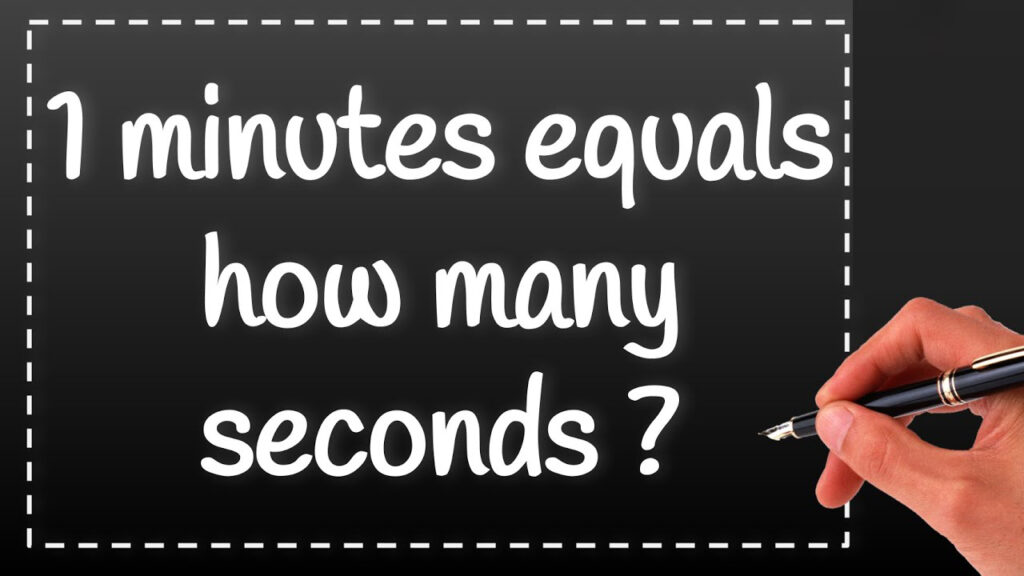1day how many hours, For ages, philosophers, physicists, and thinkers have been fascinated by the abstract concept of time, which governs our lives. From ancient sundials to sophisticated atomic clocks, humans have invented a variety of methods for precisely measuring time. Nonetheless, amidst our daily routines and hectic schedules, many of us may find ourselves considering a seemingly simple question: how many hours are there in a day? In this comprehensive guide, we’ll look at the concept of time, solve the mysteries of hour measurement, and offer various perspectives on the passing of time.
1Day How Many Hours

Understanding time measurement
Before we get into the intricacies of how many hours there in a day, let’s start with the fundamentals of measuring time. Time is fundamentally a dimension in which events occur consecutively, allowing for the measurement of durations and intervals between occurrences. Throughout history, numerous civilizations have devised various time-keeping systems, ranging from celestial body cycles to mechanical and electronic instruments.
The Modern Concept of Hours
In the modern world, time is commonly measured using a standardized method based on the International method of Units (SI). The second is the fundamental unit of time in this system, defined as the duration of 9,192,631,770 radiation cycles corresponding to the cesium-133 atom’s transition between two hyperfine levels of its ground state.
Convert Hours to Days
To calculate the amount of hours in a day, we must first grasp the link between hours, minutes, and seconds. One hour is divided into 60 minutes, with each minute consisting of 60 seconds. To determine the total number of seconds in an hour, we multiply 60 (minutes) by 60 (seconds), yielding 3,600 seconds every hour.
Now, to calculate the number of hours in a day, we must consider the total number of seconds in a day. We multiply 24 (hours) by 3,600 (seconds per hour), yielding 86,400 seconds each day.
Finally, to convert seconds to hours, divide the total number of seconds in a day (86,400) by the number of seconds in an hour (3,600), yielding 24 hours each day.
Finally, the answer to the question “How many hours are there in a day?” is 24. This standard time measurement is widely accepted and used in many facets of human life, including everyday routines and scheduling, as well as scientific research and industrial activities.
As we traverse the complexities of time, remember that time is more than just a numerical quantity; it is a valuable resource that must be treasured and used carefully. Whether we measure time in hours, minutes, or seconds, every moment provides an opportunity for growth, contemplation, and significant experiences.
Also Read:- How To Book Room In Parmarth Niketan Rishikesh
So, the next time you look at a clock or think about the passage of time, take a moment to appreciate the wonders of timekeeping and the tremendous influence that time has on our lives. Every hour counts in the broad tapestry of existence, affecting our history, present, and future in ways that cannot be measured.

